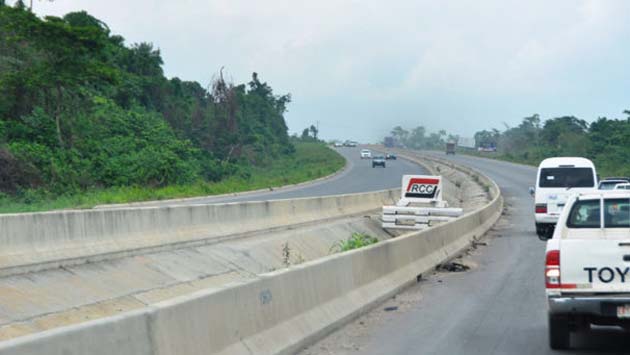With Nigeria’s housing deficit now estimated at 28 million units, experts have called for a decisive shift toward alternative building materials as a sustainable solution to the country’s growing shelter crisis.
The Dean of Environmental Science at Nile University of Nigeria, Engr. Prof. Abdulhameed Mambo, made the call while delivering the university’s 5th inaugural lecture held in Abuja.
Prof. Mambo stressed that Nigeria must look beyond conventional construction materials like cement and concrete, which are becoming increasingly expensive and environmentally unsustainable.
“It is very important for us to begin to look at other materials beyond concrete. Concrete is becoming too expensive now in building. But there are lots of other materials — wood, recycled aggregates, and indigenous methods that align with our climate,” he said.
The professor noted that while traditional architecture, such as mud houses, has limitations in terms of durability, innovations like compressed earth bricks now offer a viable hybrid alternative — blending traditional wisdom with modern engineering.
According to him, adopting locally sourced and eco-friendly materials can cut building costs, reduce carbon emissions, and make housing more affordable for Nigerians.
Citing a recent market survey in Kuje, Abuja, Prof. Mambo revealed that constructing a three-bedroom flat with conventional concrete blocks costs between ₦40 million and ₦50 million, whereas a similar house built with compressed earth bricks costs about ₦25 million.
He therefore urged government agencies, research institutions, and private developers to invest in research, capacity building, and policy reforms that encourage the use of such materials.
“Sustainable housing is key to achieving national development goals and improving citizens’ quality of life,” he emphasized.
Delivering his lecture themed ‘Beyond Concepts and Concrete: Pathways for Advancing Sustainable Buildings and Infrastructure in 21st Century Nigeria,’ Prof. Mambo highlighted the need to integrate sustainability principles into the country’s design, construction, and policy frameworks.
He also called on the National Assembly to fast-track the passage of the National Building Code, describing it as crucial to ensuring standardized practices, improving safety, and promoting the use of sustainable local materials nationwide.
In his remarks, Vice-Chancellor of Nile University, Prof. Dilli Dogo, commended Prof. Mambo for his insightful presentation, describing it as “a timely wake-up call for policymakers and industry stakeholders.”
Dogo noted that the lecture reflects Nile University’s commitment to research-driven solutions addressing Nigeria’s pressing developmental challenges, adding that the institution continues to foster multidisciplinary collaboration across its faculties in the areas of sustainable design, energy efficiency, and environmental management.
The event, attended by academics, professionals, and policymakers from various sectors, concluded with a call to action for all stakeholders to champion a transition toward sustainability in Nigeria’s built environment.






